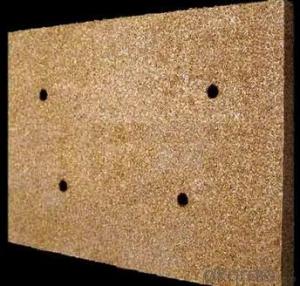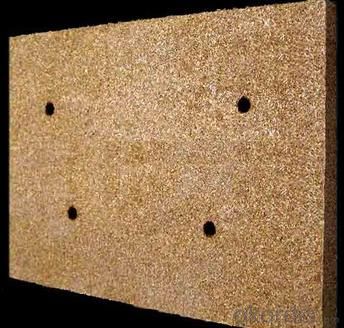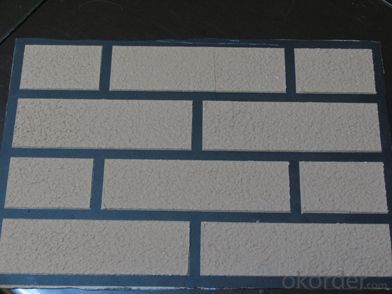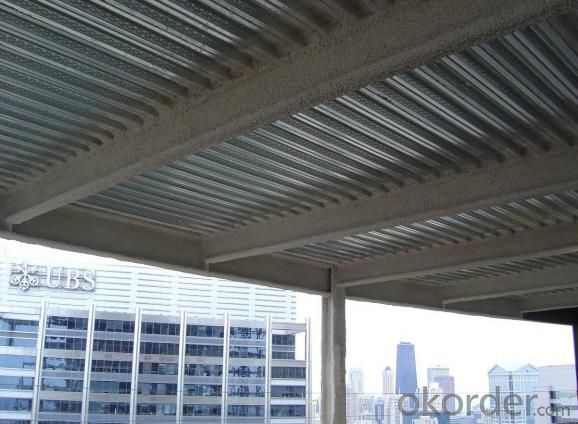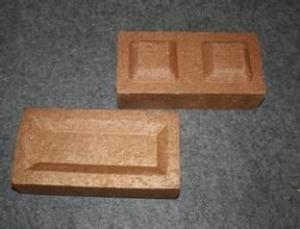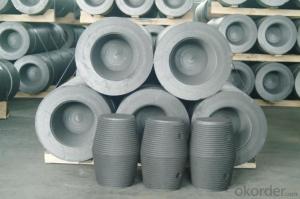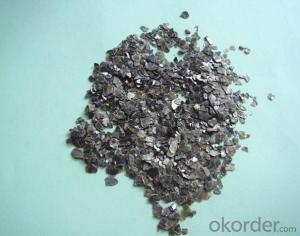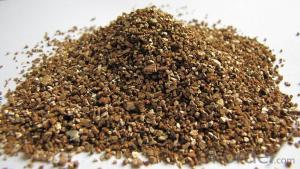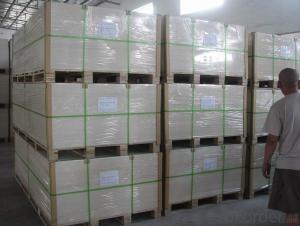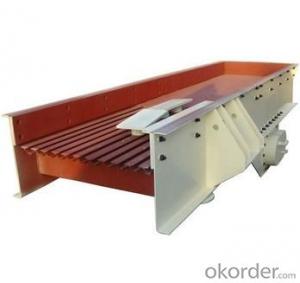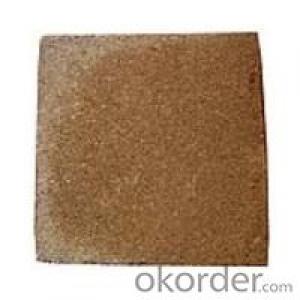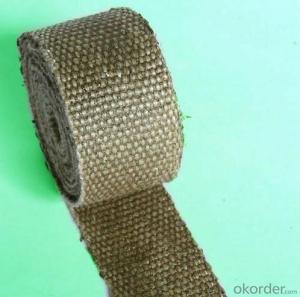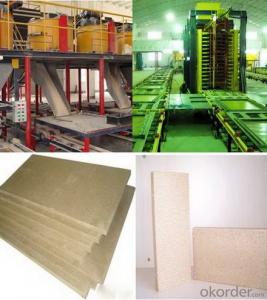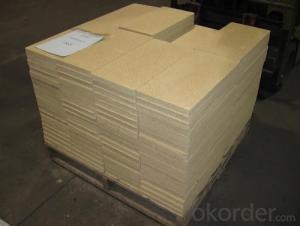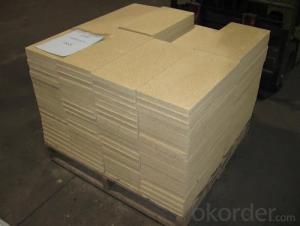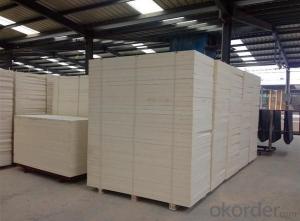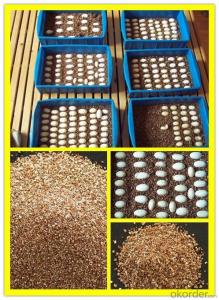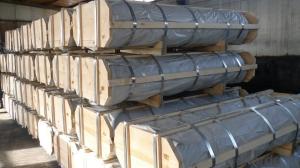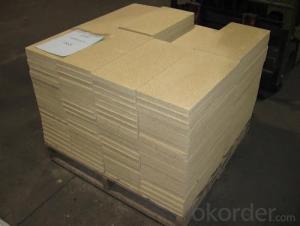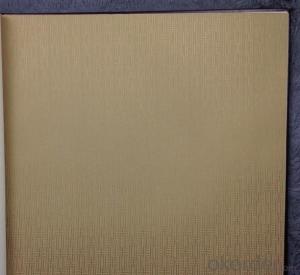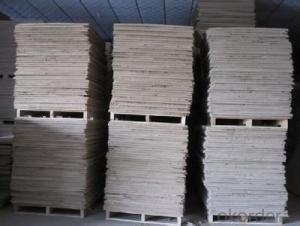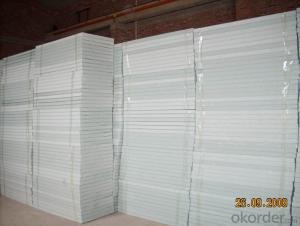Vermiculite Fire Resistant Board Vermiculite fireproof board
- Loading Port:
- Tianjin
- Payment Terms:
- TT OR LC
- Min Order Qty:
- 500 pc
- Supply Capability:
- 200000 pc/month
OKorder Service Pledge
OKorder Financial Service
You Might Also Like
Packaging & Delivery
| Packaging Detail: | In pallet for shipment or in carton box.OR customized Vermiculite Fire Resistant Board Vermiculite fireproof board |
| Delivery Detail: | 15 DAYS AFTER 30% DEPOSIT |
Specifications
1.Vermiculite Fire Resistant Board Vermiculite fireproof board
2.Eco-friendly
3.Easy to cut and install
4.Fireproof
Vermiculite Fire Resistant Board Vermiculite fireproof board
Specifications
fine fire insulation vermiculite board
size:various sizes
properties: heat-resistant,water-proofing
usage:widely use
Fine fire insulation vermiculite board
How to manufacture vermiculite board?
Vermiculite board is a kind of boards that manufactured by expanded vermiculite and a certain amout of adhensives by hot-pressing or cold pressing.
What is vermiculite board?
Vermiculite board is a kind of new inorganic material. The main raw material is vermiculite and some adhensives.
Application:
building roof insulation (weathering course)
low roof feather weight sunken filling
Building roof and wall crack free plastering protect concrete roof from thermal shocks and cracks.
vibration absorbent
water leakage arrester
bio fertilizer for plants and terrace gardening
Vermiculit board sizes
common size: 2400*1200*15-60mm
Largest size: 2500*1220*100
density: 400-600KG/ M3
We can manufacture the vermiculite board referance to customers' request
- Q: I'm doing an experiment to see if I can replace any of those material with cotton
- hi lizard 101, The vermiculite should be mixed with water at a rate of 4 parts vermiculite to 1 part water. The container will also need a lid with air holes. bearded dragon eggs should be incubated 84 degree plus or min 2 or 3 degree. sustained temperature above 90 degree can quickly kill developing embryos. incubation time will vary depending on a number of facts including but not limited to Temperature and humidity. typically bearded dragon eggs will take between 50 80 days to hatch, with 2 months being average. hope that helps to you. want more information search our sites: Thank you
- Q: i was going to buy one but then i talked to like 3 different breeders that say they dont even use uncubators just put them in hatchrite and keep them in room temp?
- Hi sure its posible to hatch eggs with out an incubator BUT if the eggs were within the refrigerator it could have killed the membrane. so you are going to have to purchase new ones I new a girl who was once in poor health and needed to keep in mattress so she saved the electrical blanket on and became them two times an afternoon they hatched into satisfactory little chickens! you would take a look at that? goodluck )
- Q: I have made a few PF Cakes out of vermiculite, brown rye flour, in a few glass jars and a syringe of mushroom spores.(in Aug.) I followed all of the steps, gave birth and grew a few batches of mushrooms, but I don‘t like them. Can I buy a different strain of mushroom spores and plant them and grow them on the cakes I have already birthed and cultivated a few times? Instead of having to make a PF cake from the beginning with the brown rye flour.
- That will work, unless the previous mushrooms have matured and deposited some spores in the medium. That would mix the varieties and you wouldn't have a clean start. New cakes would work the best since the nutrients are not depleted.
- Q: used in horticulture
- Perlite and vermiculite help with drainage. Sand as well. Try mixing those into your potting soil when you re-pot.
- Q: The pool has fiberglass side walls which seem to be in good shape. below the walls looks to be the problem. The bottom needs to be redone and a new liner added. I‘m not sure about the pump and filter system, I will have that tested. Just looking for some direction and wether it‘s worth fixing an an Idea of cost. I‘m pretty handy and think I could do most of the work myself with some direction.
- If it is at the bottom of the walls like you say- It all needs re-done- U B unlucky on this one- Big project.hope the system still works.
- Q: How does vermiculite make a roof insulation?
- The thickness of the insulating layer is usually 1.3 times the design thickness (not including the leveling layer). After the laying, it is leveled with a wooden board (wooden crab) and leveled to the design thickness. The bedding plane of the expanded vermiculite particles should be parallel with the laying plane as possible as possible.
- Q: I caught the end of a program on tv the other day that showed a couple who had a greenhouse and said because they didn't use potting soil that they could use their space more efficiently and have more abundant crops.
- If you go to your local nursery you can buy both vermiculite and cow poop. Please be careful with these where magic mushrooms can be cool they can also be very dangerous and lead to death.
- Q: i search some pictures for potting soil, why are some have pebbles?
- If the pebbles are white then it is actually vermiculite and perlite. They help water and air to get to the roots of the plants.
Send your message to us
Vermiculite Fire Resistant Board Vermiculite fireproof board
- Loading Port:
- Tianjin
- Payment Terms:
- TT OR LC
- Min Order Qty:
- 500 pc
- Supply Capability:
- 200000 pc/month
OKorder Service Pledge
OKorder Financial Service
Similar products
Hot products
Hot Searches
Related keywords
